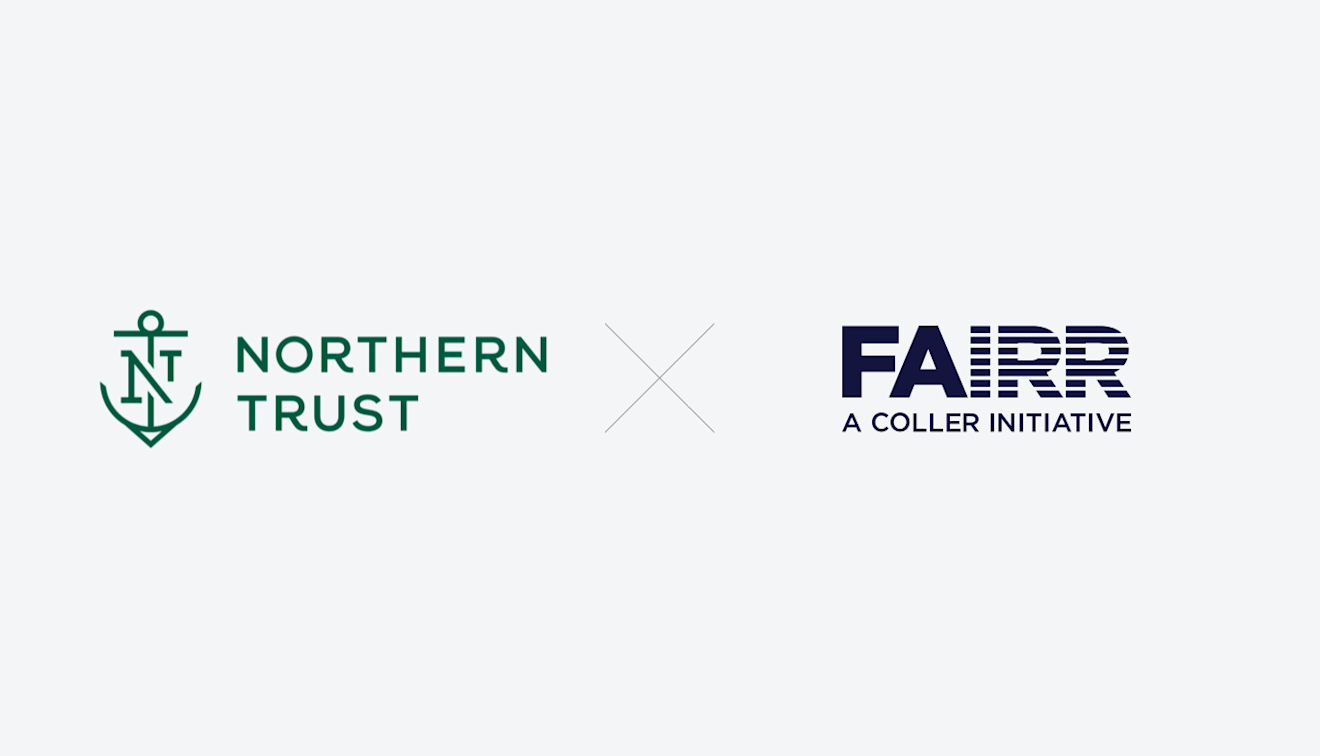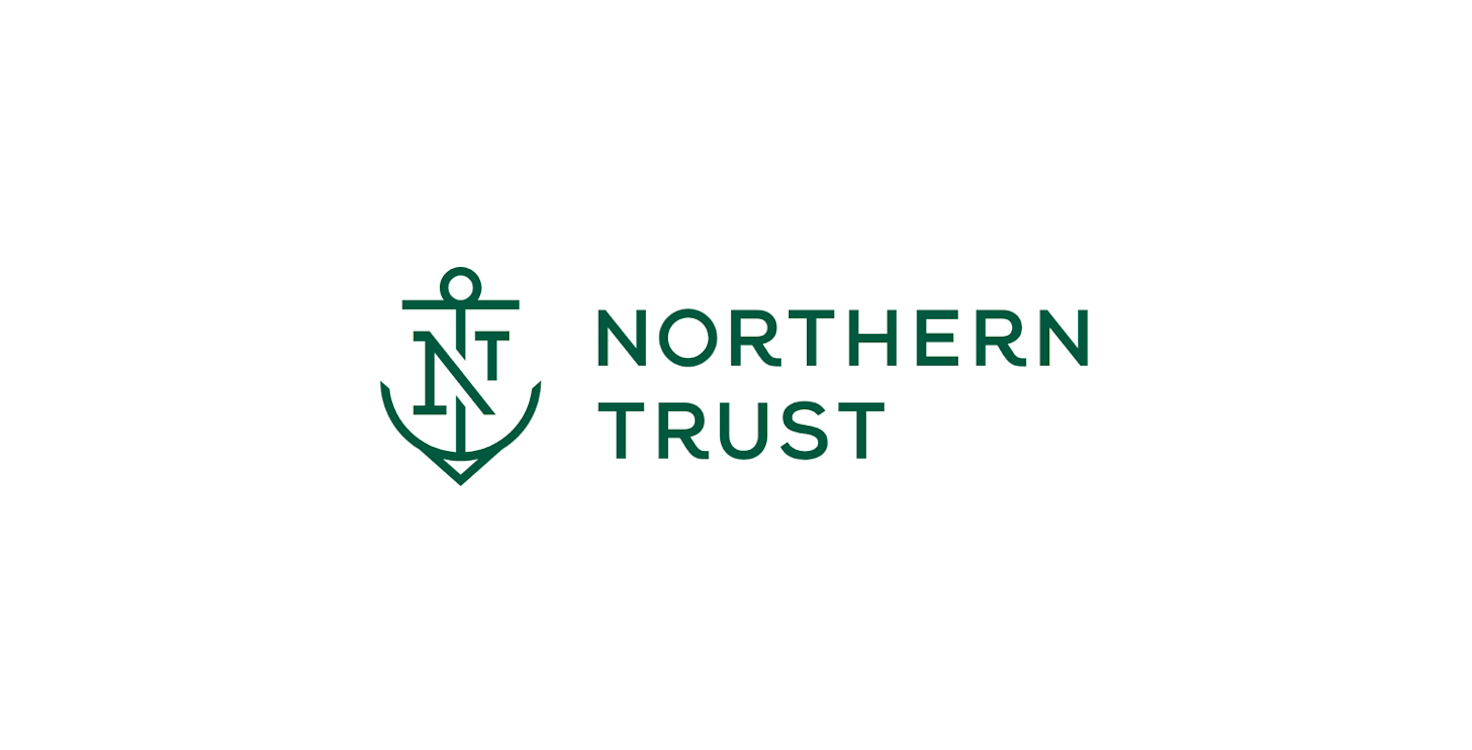Introduction
Northern Trust Asset Management joined the FAIRR member network in 2018. This case study discusses how participation in FAIRR’s collaborative engagements has strengthened stewardship practices and improved the team's understanding of key ESG risks and opportunities. Insights for this case study were provided by Cynthia Ngarambe, Proxy & Engagement Specialist at Northern Trust.

“As a global asset manager, we aim to maximise our influence on key ESG priorities by engaging through a variety of mechanisms and partnerships. In addition to direct engagements managed by our stewardship specialists, we conduct collaborative engagements by partnering with other investors with similar views on sustainability, including The Farm Animal Investment Risk and Return (FAIRR).
We participate in 4 collaborative engagements led by FAIRR regarding working conditions, sustainable proteins, animal pharma, and biodiversity loss, which are all in line with the Stewardship team’s 2022 engagement plan prioritising Climate, Biodiversity, and Human Capital Management.”
Collaborating with FAIRR’s Engagements
“FAIRR has improved our understanding of critical ESG risks and opportunities as investors and how they impact the financial performance of companies within animal agriculture. Our engagements with FAIRR have allowed us to address human capital risks in the animal farming industry (health and safety, fair working conditions, and worker representation) and combat climate risks through alternative proteins initiatives. We also hope to strengthen our work on biodiversity risks through the new collaboration focusing on the food system, and applying this within our direct engagements on the topic. These themes are aligned with our strategic priorities and have facilitated some direct engagements by providing us with valuable insights into related issues; we previously engaged with Kroger as part of the FAIRR coalition on protein diversification and were able to assess the company’s long-term ambitions to diversify its product portfolio and engage with the company on how it is improving the sustainability of its supply chain. We were able to follow up with the company directly to discuss supply chain risks and address deforestation risk management, which is a priority theme under our biodiversity engagements. The collaborative engagement with Hershey’s on sustainable proteins also led to a brief discussion on human rights allegations at the company, for which we have now scheduled a direct engagement on the topic."
Sustainable Proteins Engagement
“As we continue to integrate stewardship and ESG, FAIRR’s research and support helps us identify issues specific to livestock production that are financially material and have the ability to shape short- and long-term results. We value the opportunity to approach companies backed by the weight of the group’s combined assets as it increases our ability to influence companies’ behaviour.”
“FAIRR is already making an impact. All the target companies in the Sustainable Proteins engagement recognise the importance of protein diversification as a material issue for their business and are currently investing in the development of plant-based products. 80% of the manufacturers in the engagement have since allocated internal capital and/or human resources to support research and development in alternative proteins, and more than half of the retailers in the engagement have formally set sales and marketing strategies to normalise plant-based consumption.
Here’s how some companies have aligned their business practises:
Hershey’s
Invested in collaborative projects to help improve on-farm sustainability in Pennsylvania (where the company sources nearly all its dairy from) and has established a cross-functional Dairy Sustainability team, tasked with developing a formal dairy sustainable sourcing strategy.
Nestlé
Committed to switch animal-derived ingredients to plant-based in the frozen meals, pizza and dairy categories.
General Mills
Committed to advance regenerative agriculture on 1 million acres of farmland by 2030 with one of the supporting goals being focused on improving cow and herd well-being.”
This report is provided for informational purposes only and is not intended to be, and should not be construed as, an offer, solicitation or recommendation with respect to any transaction and should not be treated as legal advice, investment advice or tax advice. Recipients should not rely upon this information as a substitute for obtaining specific legal or tax advice from their own professional legal or tax advisors. References to specific securities and their issuers are for illustrative purposes only and are not intended and should not be interpreted as recommendations to purchase or sell such securities. Indices and trademarks are the property of their respective owners. Information is subject to change based on market or other conditions.











